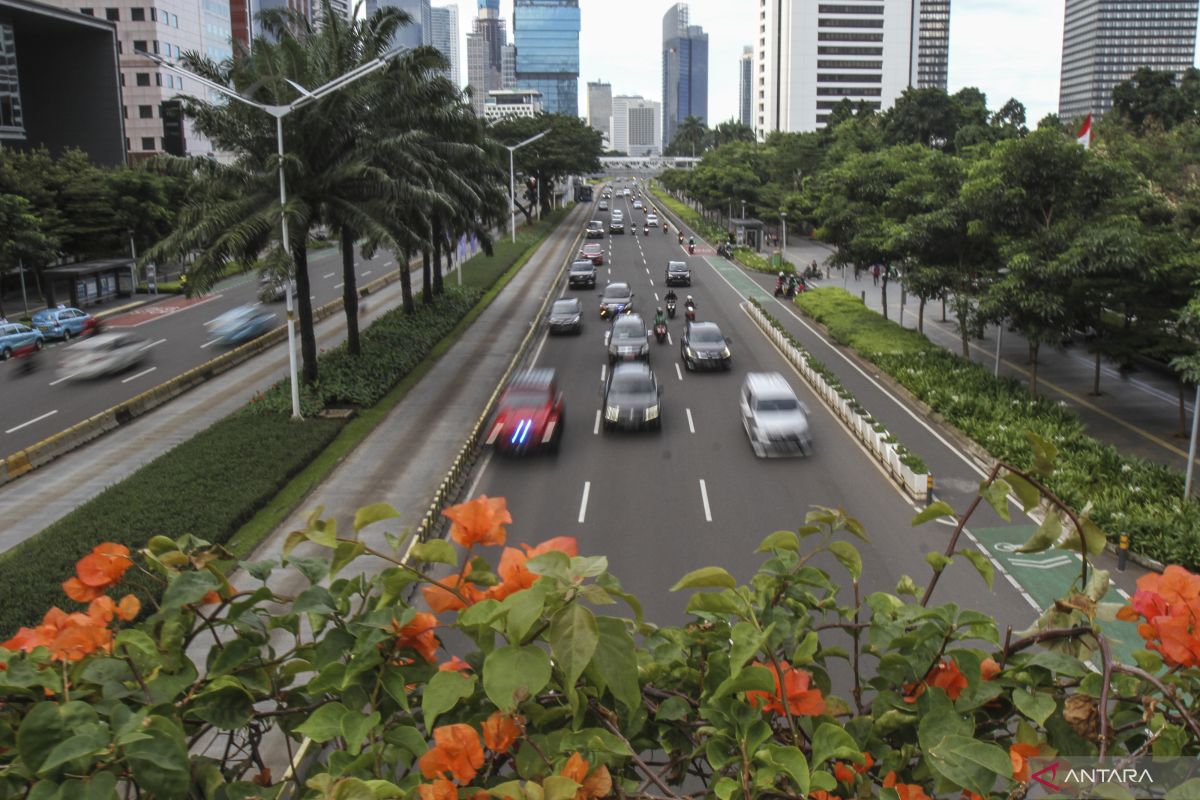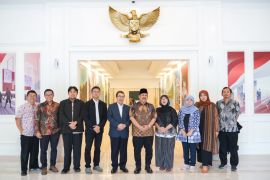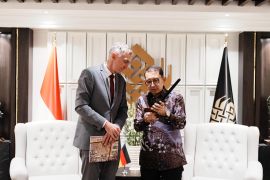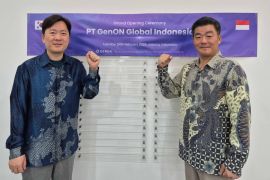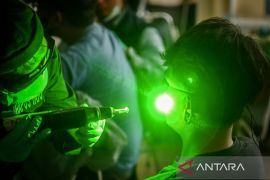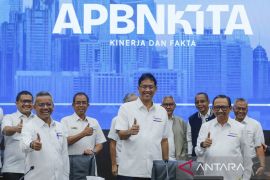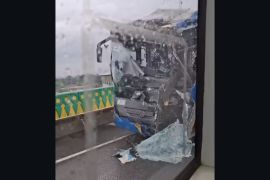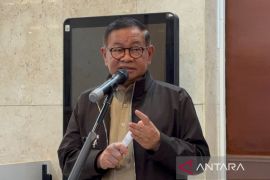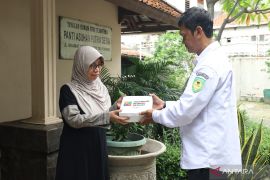Just imagine. Within five years, we are down from being the fourth most congested city in the world (in 2017), seventh (in 2018), 10th (in 2019), 31st (in 2021), and in 2021, we are in the 46th position globally (down 15 places from 2020) because ofJakarta (ANTARA) - Transformation has been a key factor in reducing the rate of traffic jams and pollution levels in Jakarta in the five years since 2017, Jakarta Governor Anis Baswedan has said.
"Just imagine. Within five years, we are down from being the fourth most congested city in the world (in 2017), seventh (in 2018), 10th (in 2019), 31st (in 2021), and in 2021, we are in the 46th position globally (down 15 places from 2020) because of these factors," he highlighted on the first day of the 'Jakarta E-Mobility Event,’ organized as a part of U20 Indonesia.
The event was broadcast on the Jakarta provincial government’s Youtube channel on Tuesday.
The capital’s traffic transformation has covered two aspects: public transportation and city residents’ routines, he said.
Related news: Jakarta must remain alert for COVID-19 uptick: official
The changes in the city's public transport system have included the integration of public transportation modes in Jakarta and expansion of routes, he added.
He cited TransJakarta as an example. Its route has been expanded and it has now been integrated with Microtrans, he noted. The same was done with MRT and LRT, he added.
The governor highlighted the changes in residents' routines, which followed the development of Jakarta as a whole, as another part of the transformation. People have been hoping to change their routines into something more sustainable or eco-friendly, he noted.
Moving forward, transportation will be designed to make it more comfortable, and more electric vehicles will be utilized, particularly in the TransJakarta mode, to make Jakarta free of pollution, Baswedan informed.
He said the bus rapid transit was a token of his commitment to offering more eco-friendly transportation. As part of this effort, his administration will deploy 100 electric buses on existing routes, employ electric vehicles to replace half of the feeder bus fleet, and complete the entire process by 2025, he added.
"After that, we are committed to ensuring that most areas of Jakarta are emission-free by 2030. That's our promise," the governor said.
Related news: Over 24 million people accessing free Wi-Fi in Jakarta: Governor
To encourage the use of electric vehicles, the provincial government will offer fiscal incentives, he added. "By giving them zero percent for two- and four-wheeled vehicles. So, no electric vehicle will be subject to a transportation tax," he elaborated.
Baswedan had re-shared @dkijakarta's post on congestion data for the city on his personal Instagram account on February 11, 2022. The data was based on measurements made by the TomTom Traffic Index.
As per the data, Jakarta is currently ranked 46th out of a total of 404 cities globally in terms of traffic congestion.
Related news: BRIN supports creating strong research and innovation ecosystem in G20
Related news: Ministry presents media center for Indonesia's G20 Presidency
Translator: Ricky Prayoga, Mecca Yumna
Editor: Fardah Assegaf
Copyright © ANTARA 2022
